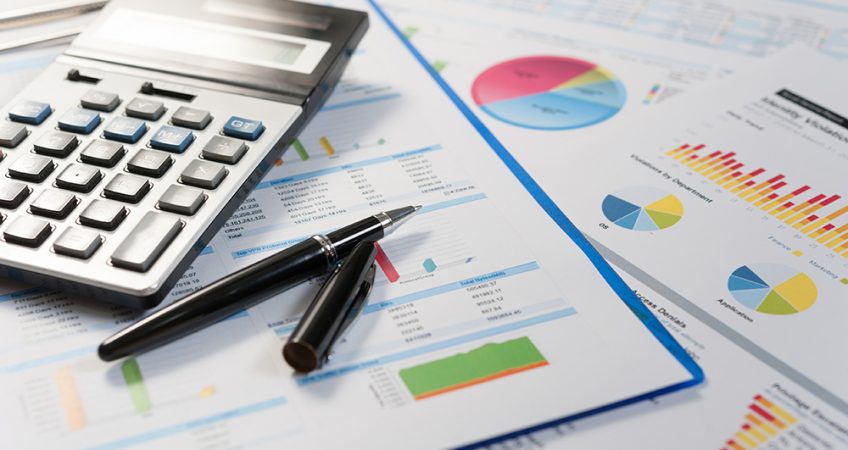
What is EBITDA? Why Every Business Owner Should Understand EBITDA
What is EBITDA? More importantly, what is your EBITDA?
We’ve touched on the importance of accurate financial statements in past posts, and want to highlight EBITDA, a financial component that buyers usually analyze when assessing the potential value of a business.
What is EBITDA?
EBITDA stands for Earnings Before Interest, Taxes, Depreciation, and Amortization and is an indicator of financial performance and pre-tax operational cash flow. A potential buyer will use EBITDA and EBITDA margin to assess a valuation rage for a business.
How Do You Calculate EBITDA?
EBITDA is calculated as follows:
| Net Income |
| + Interest Expense |
| + Income Tax Expense |
| + Depreciation Expense |
| + Amortization Expense |
| = EBITDA |
By adding back the various elements listed above, an owner is able to provide a more objective view of the cash flows of a business. Companies often have different debt and corporate structures that affect interest paid and income tax reported on an income statement, as well as, fixed and intangible assets with different depreciation and amortization schedules.
What Is Adjusted EBITDA and Why Is It Important?
In a previous blog post, we discussed addbacks. When selling a business, we will adjust EBITDA for one-time, extraordinary expenses or owner related expenses. This allows buyers to analyze a company as if the company was owned by a third party and how the business may perform with a new owner.
Is EBITDA the Only Thing a Buyer Uses to Assess the Value of the Business?
When assessing the value of a business, adjusted EBITDA is the starting point. Buyers will often review industry dynamics, cyclicality, customer concentration, management dynamics and other aspects of the business to come up with value.
With your EBITDA in hand, you’ll know exactly where your business stands in terms of industry competition, what kind of multiple you can negotiate for (it will be smaller for companies with a smaller EBITDA and larger for higher ones), as well as whether there are factors that need improvement before you take steps towards selling. Whether you’re hoping to put your company on the market now or far into the future, EBITDA is something every business owner should be familiar with inside and out.
